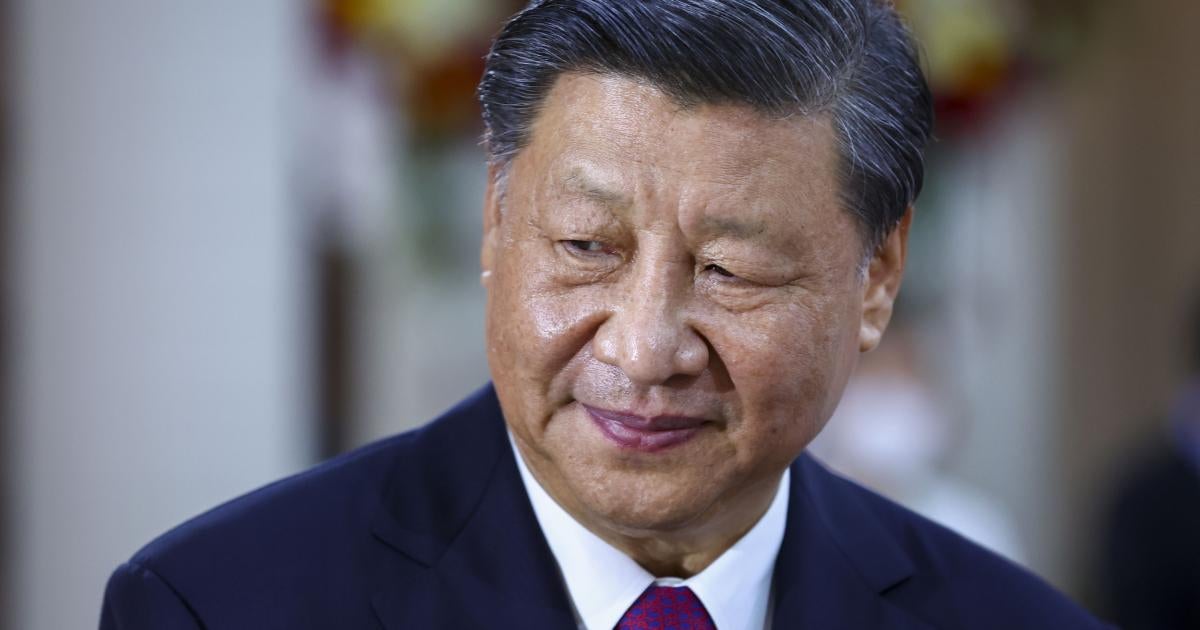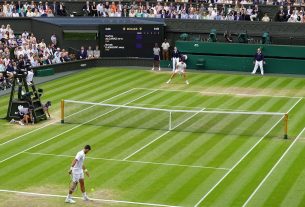In a significant expansion of its anti-corruption efforts, China has constructed over 200 specialized detention facilities as part of President Xi Jinping’s ongoing campaign to target corruption and perceived disloyalty. These new centres, part of the “liuzhi” system, allow authorities to detain individuals for up to six months without access to legal counsel, a practice that has sparked concern both domestically and internationally.
The “liuzhi” system, introduced in 2018, replaced the controversial “shuanggui” system, which was heavily criticized for its lack of transparency and the alleged mistreatment of detainees. Under “liuzhi,” the range of individuals affected extends beyond Communist Party members to include a broad spectrum of society—entrepreneurs, school administrators, and other professionals. High-profile figures such as billionaire Bao Fan and former national football team coach Li Tie have been detained under this system, fueling debates about its potential for misuse.
While the official narrative presents “liuzhi” as a necessary tool for rooting out corruption and maintaining national stability, critics argue that it has evolved into an instrument of social control, allowing the Chinese government to target political rivals and suppress dissent. Legal experts have raised alarms about the system’s lack of due process, the prolonged detention without legal representation, and the use of forced confessions under duress.
Despite these criticisms, the Chinese government has continued to expand its network of detention centres, with reports of more facilities being built in cities across the country. The expansion is seen as a continuation of Xi Jinping’s broader strategy to consolidate power and eliminate corruption within the ranks of both the Party and broader society.
This aggressive approach to anti-corruption has become a hallmark of Xi’s leadership since he assumed power in 2012. Although the campaign has resulted in the removal of numerous high-ranking officials and business figures, it has also raised concerns about the centralization of power and the erosion of individual rights.
As the Chinese government pushes forward with this initiative, the global community will likely continue to scrutinize the human rights implications of the “liuzhi” system and its impact on both the rule of law and political freedoms in China.



